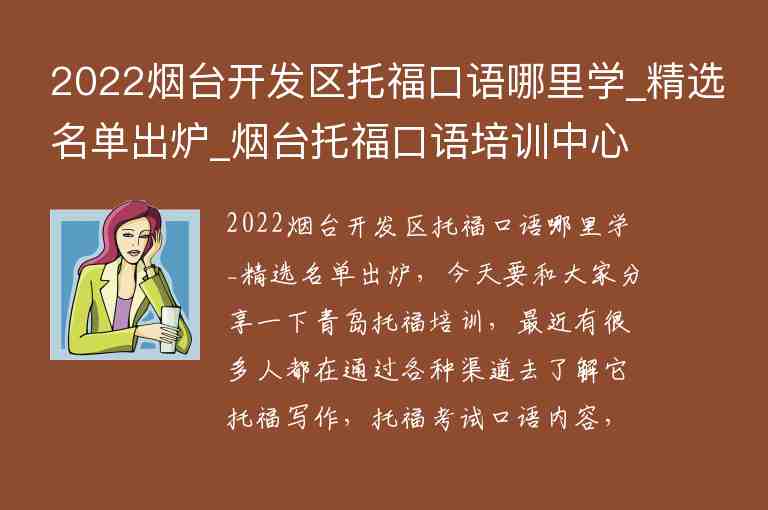惊(jīng):形容词,指突然受到惊吓或震动的情绪状态。
怎么读(音标)
惊:[jīng]
用法
1. 作为形容词,常用于表示对某件事或某种情况感到意外、惊讶或害怕。
2. 也可用作动词,表示使人感到惊讶或害怕。
例句1-5句且中英对照
1. 我被突然的巨响惊了一跳。I was startled by the sudden loud noise.
2. 她听到这个消息后,脸上露出了惊讶的表情。Her face showed a look of surprise after hearing the news.
3. 这部电影结局出人意料,令观众大为惊讶。The ending of this movie was unexpected and surprised the audience.
4. 小偷被突然出现吓了一跳。The thief was startled by the sudden appearance of the police.
5. 她的歌声令人心头一震,简直让人不敢相信。Her singing voice was so amazing and it was almost unbelievable.
同义词及用法
1. 惊奇(jīng qí):形容对某件事或某种情况感到非常意外和吃惊。
例句:他的成绩令人惊奇,大家都没有想到他会取得这么好的成绩。His grades were amazing and no one expected him to do so well.
2. 惊讶(jīng yà):形容对某件事或某种情况感到非常意外和惊异。
例句:当他听到这个消息时,他感到十分惊讶。He was very surprised when he heard the news.
3. 震惊(zhèn jīng):形容对某件事或某种情况感到非常震动和吃惊。
例句:他的突然离开令我们都感到震惊。His sudden departure shocked all of us.
4. 惊恐(jīng kǒng):形容对某件事或某种情况感到害怕和恐慌。
例句:当地发生地震后,人们都陷入了惊恐之中。After the earthquake happened, people were all in a state of panic.
编辑总结
“惊”一词常用于描述突然的、意外的情况,表示对某件事或某种情况感到意外、惊讶、害怕等不同的情绪状态。除了作为形容词使用外,还可用作动词表示使人感到惊讶或害怕。同时,“惊奇”、“惊讶”、“震惊”、“惊恐”等词也可作为“惊”的同义词,但在具体用法上有所不同。作为网络词典编辑翻译人员,应该准确把握不同词语的用法,并且注意避免重复使用相似的表达方式,以免影响文章的可读性和质量。

